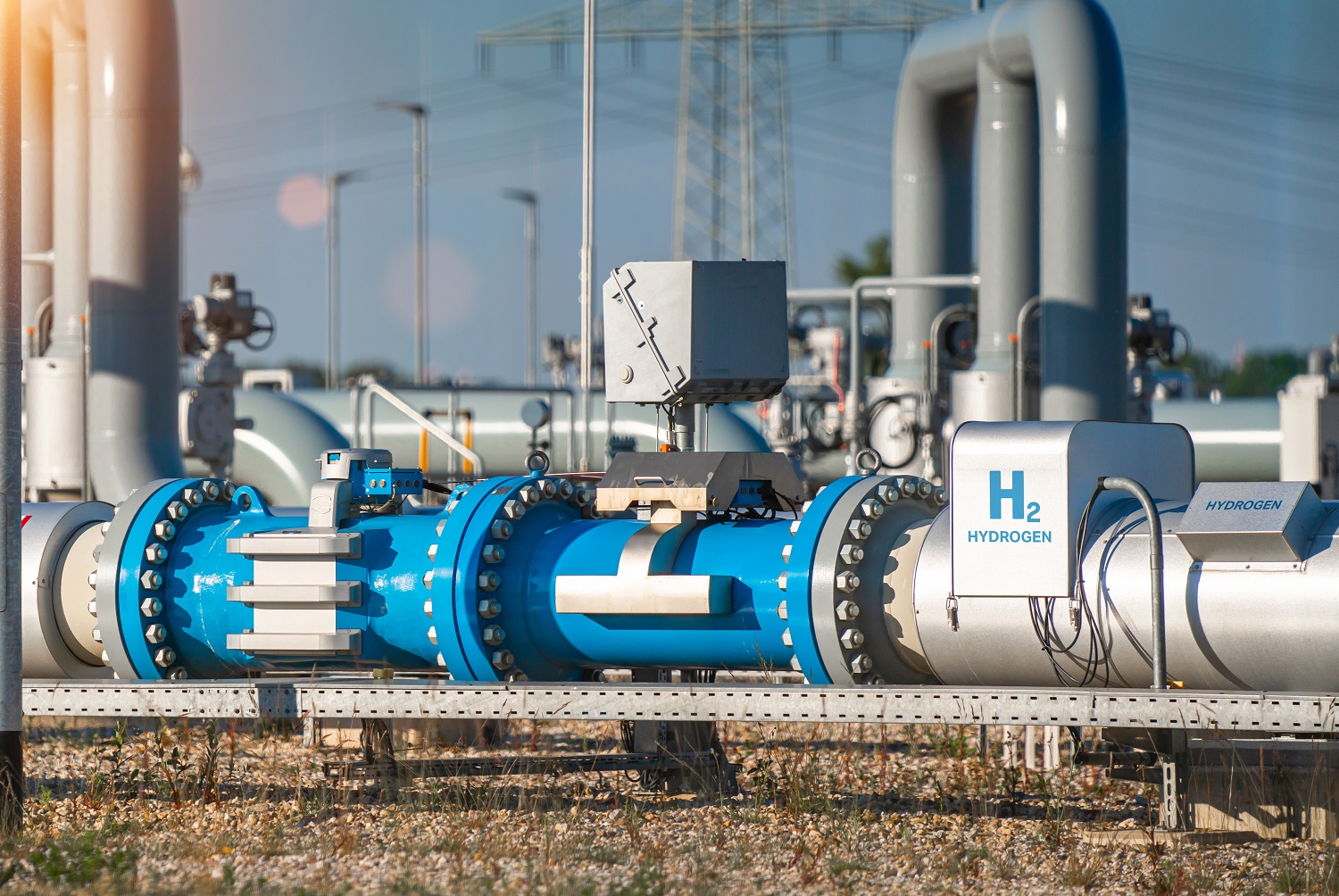
Source: AA+W/stock.adobe.com
Project period
01/01/2023 - 30/06/2025
Project type
Collaborative research project
Project status
Ongoing
Description
The research project aims to investigate the suitability of low-alloy pipeline steels for hydrogen transportation. The focus is on the sensitivity of the weld microstructure.
Location
Bundesanstalt für Materialforschung und -prüfung
Unter den Eichen 87
12205 Berlin
Source: AA+W/stock.adobe.com
Source: BAM
Source: BAM
Source: BAM
Federal German Ministry for Economic Affairs and Climate Action (BMWK)
Long-distance gas pipelines made of steel are a central component of the sustainable energy industry and are used for the large-scale technical transport of generated hydrogen to consumers. In addition to the conversion of existing natural gas pipelines for hydrogen transport, the construction of new pipelines is being promoted. Almost all pipeline components are welded. However, the hydrogen resistance of weld structures when exposed to gaseous hydrogen environments has not yet been fully clarified. This applies equally to steels in existing pipelines and to new high-strength steel grades. The lack of standardisation of corresponding tests for welded pipelines also does not yet allow an exact prediction of the general suitability of low-alloy pipeline steels for hydrogen transport.
The basis for this is therefore to be systematically developed in this research project. Typical base materials - and for the first time weld structures (HAZ) - are specifically exposed to different hydrogen pressures and then subjected to a tensile test. The physical simulation enables individual microstructures of a weld joint to be analysed separately. The analysis of the respective hydrogen transport behaviour subsequently provides information as to whether simple electrochemical loading can be used to qualify the piping materials for the new hydrogen technologies instead of complex autoclave technology.
In addition to providing reliable properties for materials in general, the project creates the conditions for practical testing in order to quickly assess the behaviour of materials, including welded joints. In addition to material selection, this is also important for the quality assurance of new steels. By transferring the intended research results into technical regulations and guidelines, concrete measures and guidelines for the implementation of the hydrogen infrastructure will be provided.
Partner organisation
Federal Ministry for Economic Affairs and Climate Action (BMWK)
Funding
AiF as part of the programme Industrielle Gemeinschaftsförderung (IGF) of the German Federal Ministry of Economic Affairs and Climate Action


